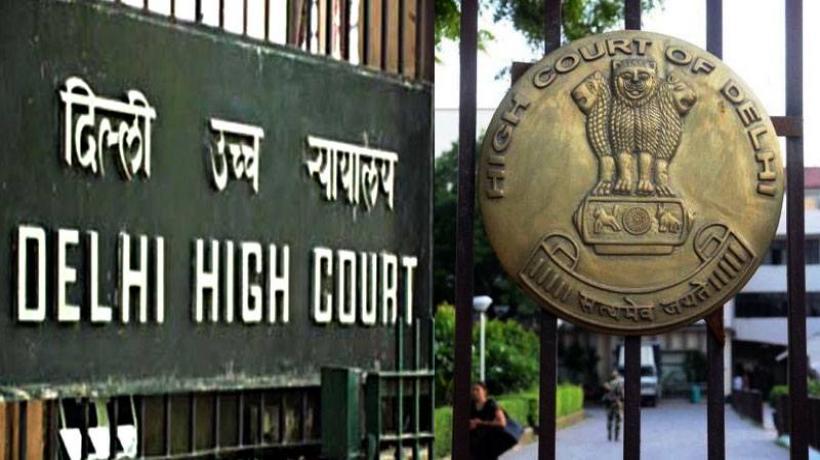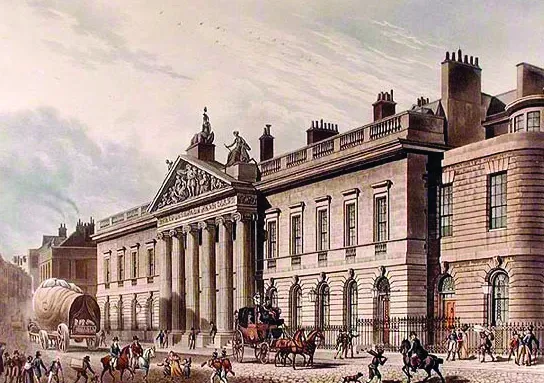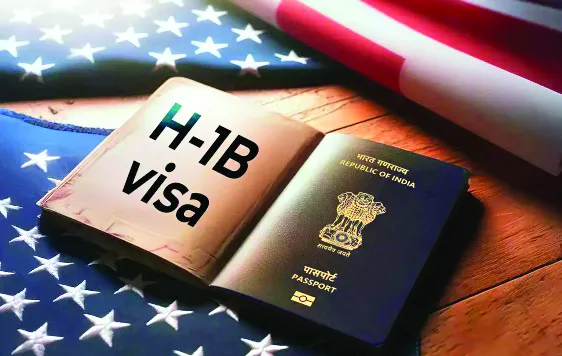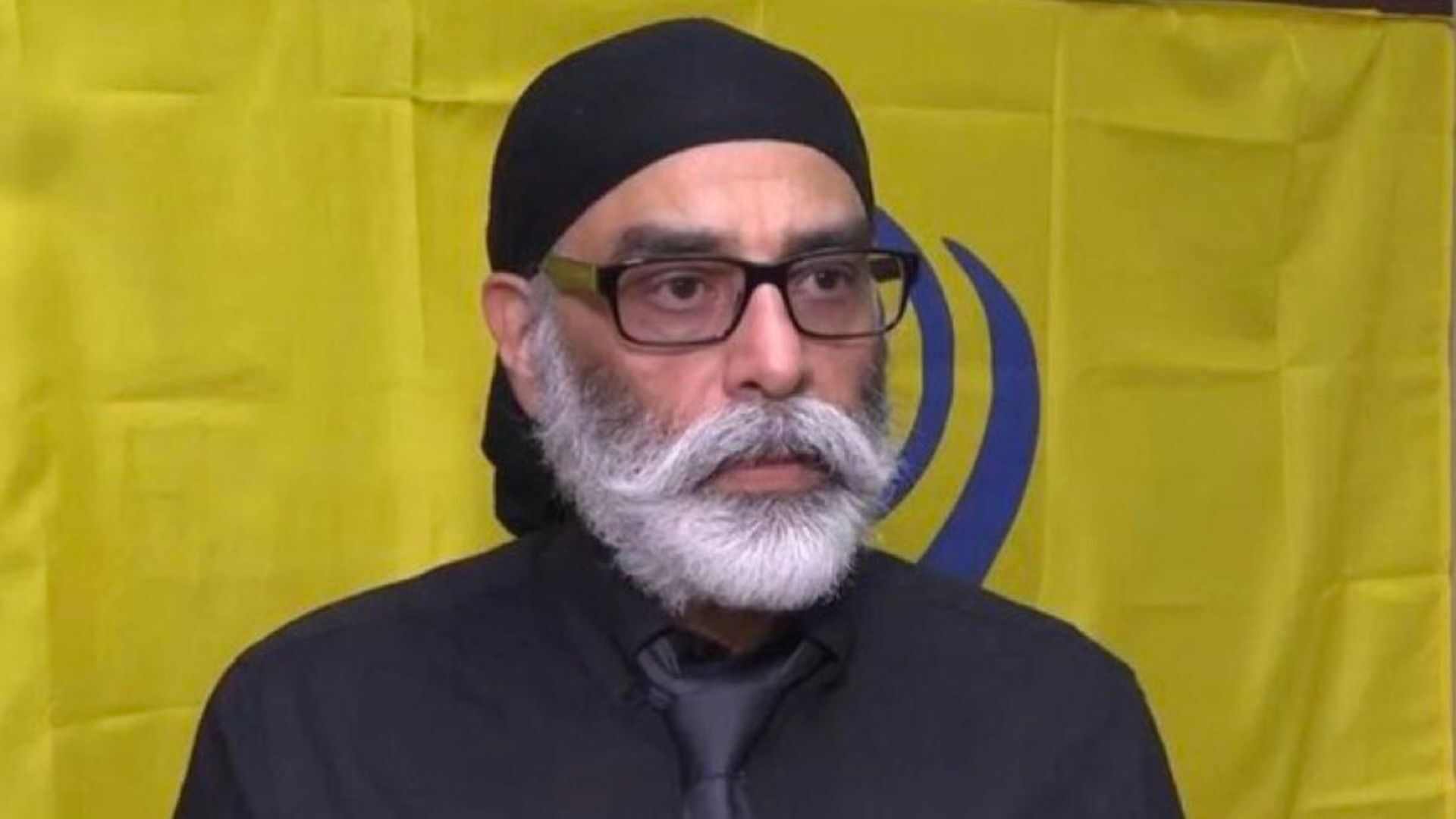The Delhi High Court in the case Govt. Of NCT of Delhi vs M/s R.S Sharma Contractors Pvt. Ltd observed and has held that the arbitral proceedings initiated before the arbitrator are not required to be technical in nature and the arbitrator is within its power to decide the same which being on the basis of material on record.
The single bench headed by Justice Dinesh Kumar Sharma in the case observed and has held that the arbitrator is the sole judge of the quality and quantity of evidence, and the role of the court’s is not to reassess the material or correct the arbitrator’s errors as stated under Section 34 of the Arbitration and Conciliation Act, 1996.
Facts of the Case:
The present matter pertains to a dispute originated from a contract entered between the petitioner, i.e., Govt. Of Nct Of Delhi and the respondent, i.e., M/s R.S Sharma Contractors Pvt. Ltd for the construction of a four-lane bridge and a double-lane bridge. Thus, the stipulated completion date was February 15, 2018 and the same was delayed until December 24, 2019, which cause a delay of 677 days.
Therefore, the respondent invoked the Arbitrator clause, which leads to the appointment of Mr/ Dinesh Kumar as the Sole Arbitrator. Thus, the arbitral award favored the Respondent, wherein it directed the Petitioner to pay an amount of Rs. 1,73,91,632/- along with pendent-lite and future interest. Feeling aggrieved, the Petitioner filed a petition as stated under Section 34 of the Arbitration and Conciliation Act, 1996, the Arbitration Act.
The petitioner while challenging the award under section 34 contended that the award must be set aside as it follows an unjust procedure, violating Section 34(b)(ii) (against public policy) and Section 34(2A)., patent illegality of the Arbitration Act, and exceeded the agreed terms of the contract.
As per the petitioner, the impugned award contradicted the contract terms, specifically with regards to the final bill’s submission and acceptance, constituting a full and final settlement.
Further, it has been argued by the petitioner in the plea that the arbitrator, without evidence, deemed the Respondent’s actions as economic duress.
It has also been contended by the petitioner that the claim of the respondent’s lacked proper documentary evidence and has contradicted the Agreement terms.
Observations Made by High Court:
The High Court in the case observed and has held that the legislative mandate is to ensure an expeditious and binding dispute resolution process with minimal court intervention. Thus, the proceedings which are initiated under Section 34 of the A&C Act are summary, reflecting the legislative intent for minimal interference and prompt dispute resolution.
It has also been clarified that the scope of inquiry under Section 34 is confined to assessing whether the grounds specified in Section 34(2), 13(5), or 16(6) of the A&C Act justify setting aside the award.
The court in the case reiterated that the arbitrator is the sole judge of the quality and quantity of evidence, and the court’s role is not to reassess the material or correct the arbitrator’s errors.
The High Court in the case observed and has held that court cannot act as an appellate authority or subject the award to merit review.
Further, the court held that interference is warranted only if findings are totally perverse, contrary to contract terms, violate natural justice, conflict with public policy, or the same fall under specified grounds in Section 34 of the Arbitration and Conciliation Act, 1996.
The High Court while considering the facts and circumstances of the case held that the arbitrator meticulously examined all clauses and provided the findings in para 7.4, addressing each issue separately. Thus, the court held that the proceedings before the arbitrator do not necessarily need to be technical in nature.
Further, the court stated that the arbitrator has the authority to make decisions based on the available material in the record.
The court also held that there was no discernible illegality or violation in the proceedings conducted by the arbitral tribunal.
Accordingly, the court dismissed the petition under section 34 of the A&C Act.
The counsel, Advocates Mr. Bharat Singh Sisodia and Mr. Z.A. Khan. Appeared for the Petitioner.
The counsel, Advocates Mr. Sanjeev Anand, Sr. Adv. with Mr. Vipin Prabhat. represented the respondent.

















